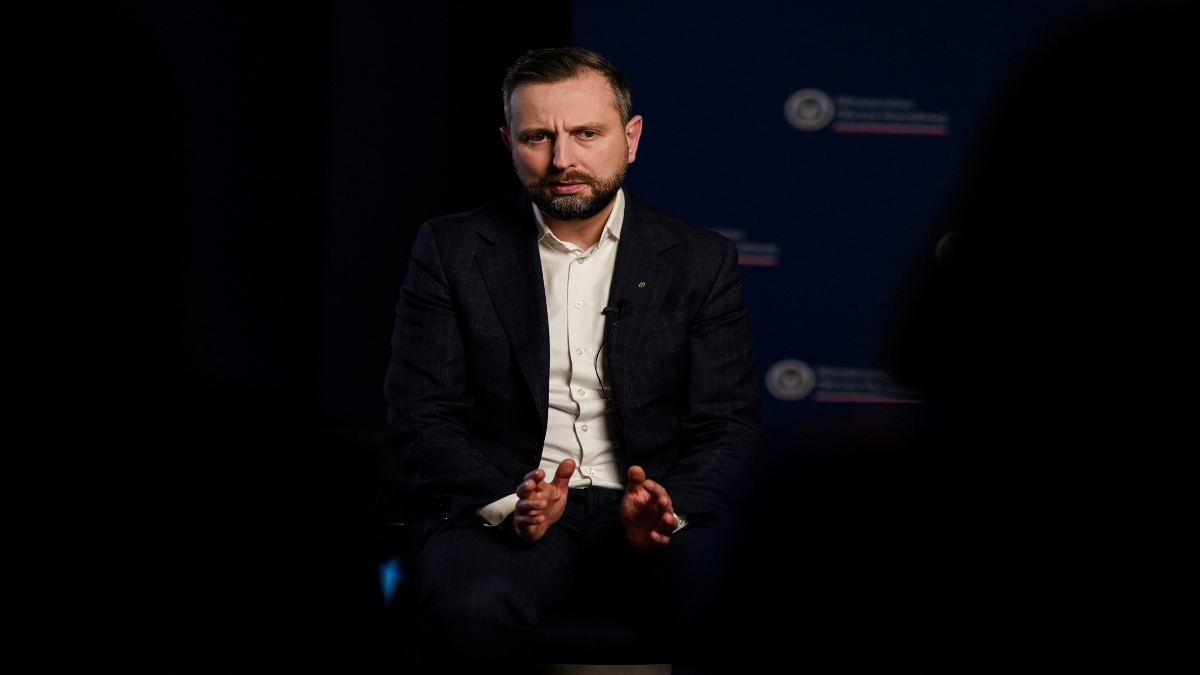Top defence officials from Germany, the UK, France, Poland, and Italy in a meeting in Poland on Monday said that the future of Europe’s democracies relies on increasing military spending.
“2025 will be the year of speeding up (the) arms industry in Europe, moving away from (the) red tape (that is) slowing it down, and closing ranks, as we must show unity to show we are serious about values such as security, which we think is No. 1,” Politico quoted Poland’s Defence Minister Władysław Kosiniak-Kamysz as saying at a press briefing after the meeting.
Poland, which borders Russia and Ukraine, plans to allocate 4.7 per cent of its GDP to defence this year, the highest among Nato members. In comparison, the UK, France, and Germany are closer to the Nato target of 2 per cent, while Italy is at a mere 1.49 per cent.
These lower defence expenditures could pose challenges with President-elect Donald Trump returning to the White House later this month.
Last week, Trump urged Nato allies to increase their defence spending to 5 per cent of GDP, significantly exceeding the US’ own military budget of 3.38 per cent.
“We have to spend more on security to keep the US allied presence in Europe,” Kosiniak-Kamysz was quoted as saying.
French Armed Forces Minister Sébastien Lecornu said that the focus should be more on how the money is spent rather than on the raw amounts that are so appealing to Trump.
Impact Shorts
More Shorts“Yes, we have to talk about what percentage of GDP we are going to spend on defence but we also need to be very much interested in what this money is being spent on in particular, in (the) actual effectiveness of this spending," Politico quoted Lecornu as saying.
To achieve this, the ministers said that Europe needs to reduce regulatory constraints on its defence industry and collaborate on joint procurement initiatives while improving access to financing.
“It’s worth getting rid of bureaucratic barriers since there’s a war in Europe and you cannot treat (the) defence industry the same way you’d treat, say, milk production,” Politico quoted Italian Defence Minister Guido Crosetto as saying.
Germany’s Boris Pistorius dismissed Trump’s call for 5 per cent defence spending, saying it would consume about 40 per cent of Germany’s government budget. However, he welcomed Nato’s decision to announce new capability targets in June instead of October.
The ministers — who heard from Ukraine’s Defence Minister Rustem Umerov via video link — also asked about joint ventures with Ukrainian defense companies to boost arms production. Umerov was in London alongside Defence Secretary John Healey, while the UK was represented in Poland by Luke Pollard, parliamentary under secretary of state for the armed forces.
The goal is to make Ukraine as strong as possible ahead of Trump’s presidency, as he has called for a swift end to the war.
The meeting marked the second gathering of Europe’s top five defence powers, formed last year to improve defence coordination amid increasing geopolitical threats.
Meanwhile, Kosiniak-Kamysz said the group’s upcoming meeting in Paris will delve into strategies for financing the growth of Europe’s arms industry, aiming to make it a “flywheel” for the continent’s economy.
He also mentioned that Nato Secretary-General Mark Rutte, EU foreign affairs chief Kaja Kallas, and new Defence Commissioner Andrius Kubilius will attend the meeting in Paris.
With inputs from agencies
)